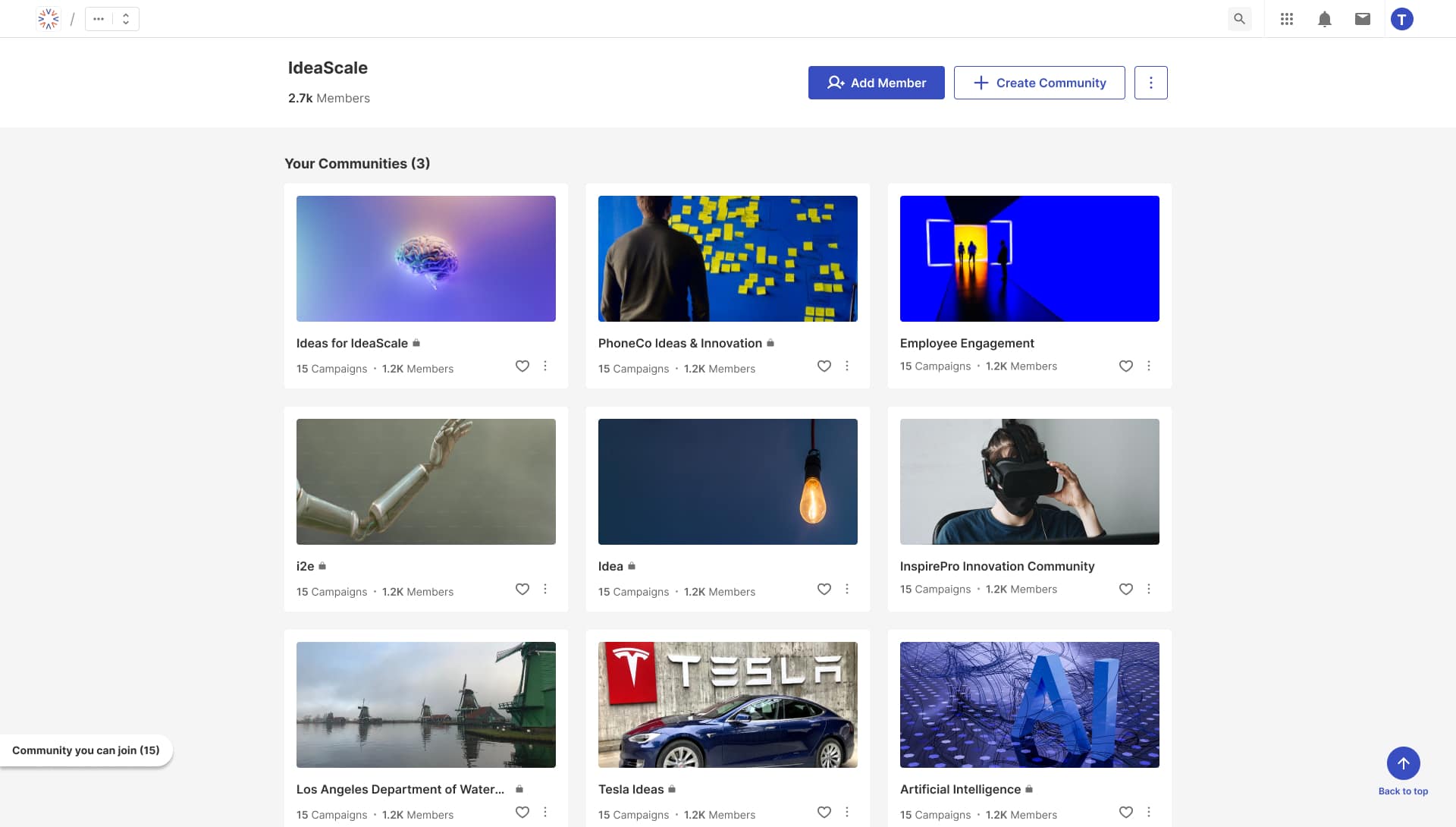If somebody’s car won’t start, you don’t ask them “Did you keep turning the key until it started?” Yet, when getting the motor running for innovation, we too often ask questions, not unlike that one. Relevant, powerful questions can take innovation from a cold start to a blazing finish.
Keep The Answer Open
Let’s consider a basic question any business asks and how it can inspire innovation. “Do we have an advantage over our competition?” is a yes or no question. “What advantages do clients tell us we have over our competition?” isn’t, but it’s a request for facts, not consideration. “What advantages do we have over our competition?” though, is best for innovation, because it requires you to formulate an answer, and every answer will be different. Open-ended questions foster innovation by bringing all perspectives to the fore.
Look At Your Assumptions
Good innovation starts with questioning the assumptions behind your thought process. If somebody says a client would never accept an idea, ask them why. Did they run it by the client already? Does it not meet the stated needs of the client? If the objection is that “it doesn’t work that way,” get into the guts of why it doesn’t. If it’s an internal process, for example, can you change the process? Would it make sense to do so?
Ask For Knowledge
“How would you solve this problem?” is always a more useful question than “How would I solve this problem?” This is especially true with department-level issues; even the best team in a department is still largely educated in the same way and to some degree on the same topic. Asking an outside person for his or her knowledge can help break a creative logjam or help you think about a problem in a new way.

Change Who Asks And Who Answers
No matter how great a relationship you may have with your team when push comes to shove, you’re still the boss. There’s going to be some degree of nervousness, especially for tough questions asked on the fly. Instead, encourage your team to ask questions of each other, or pose the question and let them talk it over and present a group answer, depending on the dynamics of your office. This also helps the shy and those better at writing than speaking get involved.
Analyze Your Competition
Your competition can point toward some fascinating places to innovate. A good example is an industry where you and everyone else are doing pretty much the same thing. Interrogate this. Why are you doing the same thing? Is your client base the same? What makes you different? Are you landing more or less business than your competition? What needs are being met?
Try Thought Experiments
Another approach is to engage in thought experiments. Add or subtract elements from the problem. What if a world-beating innovator like Apple got into your industry tomorrow? What if a company with seemingly endless resources buys its way in, and now you’re staring down an Amazon or a Google? How would you react? What would you emphasize? What risks would you take to stay relevant?
Innovation is an ongoing process, and asking the right questions keeps up the momentum. To learn more about innovation strategy, contact us today.
Most Recent Posts
Explore the latest innovation insights and trends with our recent blog posts.













